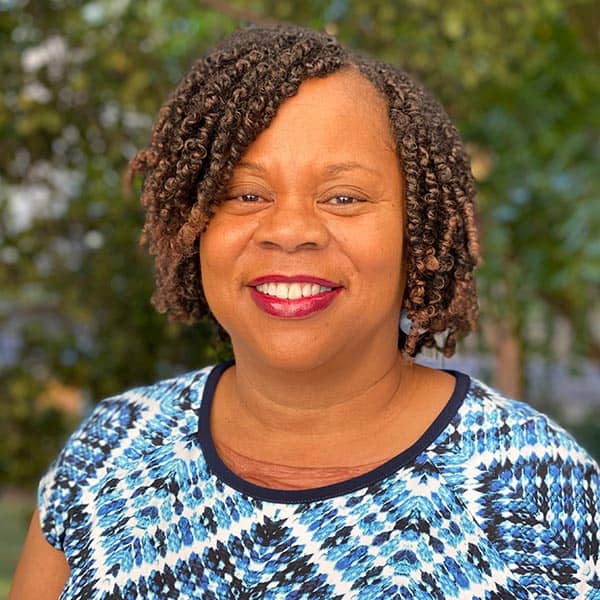Early Childhood Education, AA Degree
Credits | Main Campus
Preparation to work with children birth to age eight. Meets D.C. child care regulatory requirements.
Prepare to meet Trinity’s Bachelor of Arts in Early Childhood Education (ECE) program and the Bachelor of Arts in Community Education in ECE program.
Trinity has small class sizes for individualized attention and faculty teach foundational knowledge in an applied format, integrating your work and life experiences with the course information.
You’ll gain a core of knowledge, skills and field-based experiences empowering you to make an impact on student learning.
Students entering the AA degree program with a current, valid Child Development Associate (CDA®) credential receive credit for two (2) of their AA program courses!
What You’ll Learn
You’ll learn how children develop and how to work with families to influence development and learning, the foundations of how young children learn, strategies to help young children acquire language and literacy skills, and techniques for observing and assessing growth. You’ll also learn to recognize and adapt to students’ needs, interests and readiness levels through innovative, research-based pedagogical practices.
Local Internships
Students in the AA program who already work in an early learning site may often use their employing site as their field experience setting for any courses requiring an internship.
Global Careers
- Assistant Teacher in an ECE Classroom (Public Schools)
- Home Caregiver of Childcare Facility (licensed by OSSE)
- Teacher at Childcare Center (licensed by OSSE)
- Support Staff (Before- and After-Care Programs)
- Assistant Teacher at Childcare Center (licensed by OSSE)
Trinity professors are amazing.
Kendra Hawkins, ’19, A.A. Early Childhood Education
Bachelor’s Degree
Early Childhood Community Education
Graduate Certificate
Early Childhood Education Foundations
Certificate
Child Development (Certificate)
Applying to the Early Childhood Education, AA Degree Program
Applying to Trinity is free, and Trinity reviews each application as soon as it is complete: you’ll get our decision right away.
We’re here to help at 202-884-9400 or admissions@trinitydc.edu.
Applying to Trinity’s School of Professional Studies
Applying is a five-step process:
- Apply to Trinity using the online application
- Submit One (1) Letter of Recommendation
- Submit Official Final Transcript(s) or GED certificate – International Transcripts must be evaluated prior to submission
- Submit an Essay: What unique qualities, experiences, or perspectives would you bring to the Trinity Washington University community
- Once your application is submitted, use your log-in credentials to check your status
Requirements
- High school completion of 10 years or more with demonstrated work experience may submit diploma or GED certificate
- International Students must adhere to International Student Checklist
- Military Students & Family members must complete Veterans Benefits Checklist
- Priority Admission Given to applicants with a minimum cumulative grade point average of 2.0 (on a 4.0 scale)
- Students may apply for credit in experiential learning through program faculty.
- Transfer credits may be accepted toward a major if courses are equivalent to the program of interest.

